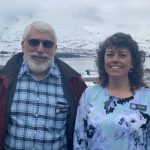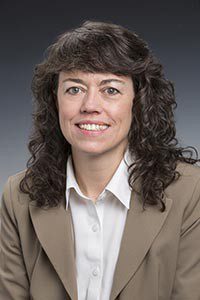
President Robert Archibald, City of Homer
Executive Director Donna Schantz
The Council views itself as a partner of and resource for industry and regulators. In our advisory role, we provide expertise and local knowledge with the goal of collectively protecting the place in which our communities and livelihoods depend. A true friend gives both support and pushback when needed in life. In the same way, the Council works hard to recognize the successes of industry and also provide constructive feedback to continuously improve prevention and response systems in our region.
We remain concerned with what the Council views as a steady deterioration of regulatory oversight due to federal and state budget and staff reductions at key agencies. We also see budgetary and other reductions within industry. Both are constantly pressured to do more with less. The Council believes that if these problems are allowed to persist, the people, environment, and economy of Alaska will be at higher risk of another major oil spill.
Over the past year, the Council has encouraged the Alaska Legislature to ensure sustainable funding for the Alaska Department of Environmental Conservation, Division of Spill Prevention and Response. Reduced revenues have resulted in a chronic shortfall. This directly threatens the department’s ability to effectively oversee the oil industry in Prince William Sound.
The Council has also been closely monitoring damage to oil storage tanks that occurred at the terminal in early 2022, and the subsequent work by Alyeska and regulators to investigate, repair the damage, and prevent a recurrence. While no substantial injuries were associated with this event, hydrocarbons were released to the atmosphere and there were operational risks associated with oxygen ingress into the tank head space. The Council believes this event was a near miss that could have had devastating consequences.
